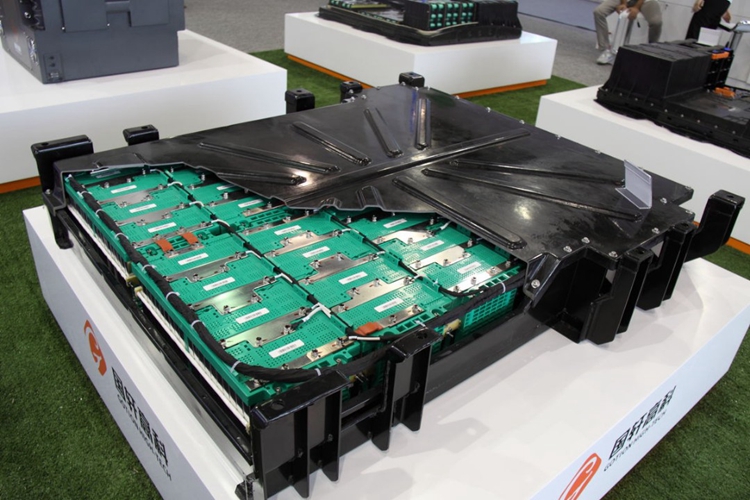South Korean companies are joining hands with Chinese companies to build factories overseas to circumvent various U.S. restrictions in the field of new energy. According to a report in South Korea's Dong-A Ilbo on the 25th, South Korean giant LG Chem announced that the group had recently signed a comprehensive cooperation agreement with China's Huayou Cobalt for the supply chain of anode materials, and the two sides will jointly build a production line for lithium iron phosphate batteries in Morocco, with a target annual production capacity of 50,000 tons, which will be put into production in 2026. The lithium iron phosphate anode materials produced in the Moroccan plant will be supplied to the North American market. Morocco has the world's largest phosphate reserves, and phosphate is a key raw material for lithium iron phosphate anode materials. According to Korean media reports, LG Chem and Huayou Cobalt will also carry out cooperation in Indonesia in the new energy electric vehicle industry chain.
Not only that, South Korean companies are also in the local and Chinese enterprises to join hands to build a new energy battery industry chain. In March this year, South Korean battery maker SK On announced the establishment of a joint venture with a South Korean power battery cathode material maker and China's Grimme. Ningbo Rongbai Technology has also been approved to build a precursor project in South Korea.

Many South Korean companies believe that they are highly dependent on Chinese imports for core battery minerals such as cobalt and lithium, as well as some components, and that they can form a stable supply chain if they cooperate with Chinese companies. Bloomberg said that Chinese companies investing in South Korea will make the Biden administration's plan to limit China's participation in the electric car supply chain much less effective.
Behind the strengthening of cooperation with Chinese companies, is the Korean economic community to find the development of a strong demand for energy, some Korean media have begun to worry about the South Korean economy, low growth is becoming the "norm". South Korea's "Joongang Ilbo" reported on the 25th, this year, South Korea's economic growth will appear for three consecutive years below the average value of the OECD (OECD) countries phenomenon, which is also South Korea's accession to the OECD in 1996 for the first time after the emergence of this situation.

